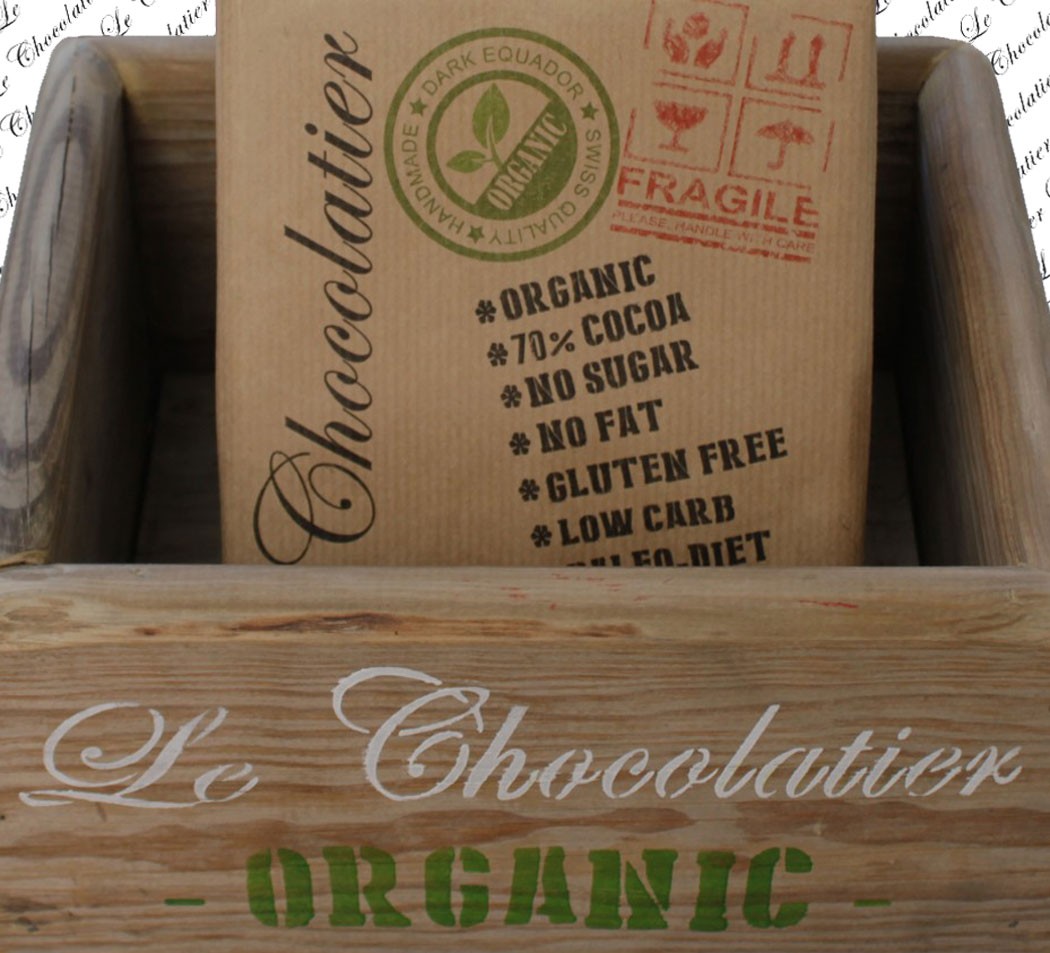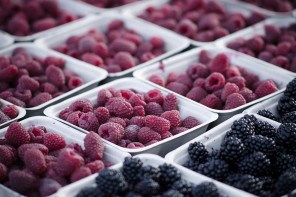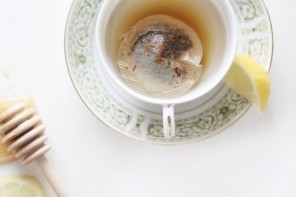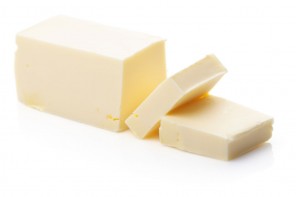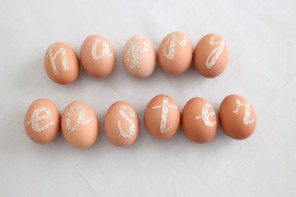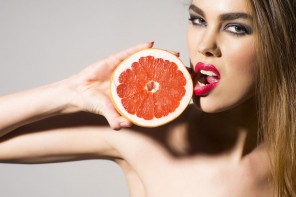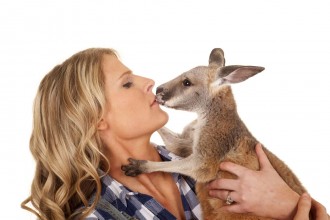The latest product to be investigated by consumer-led organisation, TOPIC, which stands for Testing of Products Initiated by Consumers, is the Le Chocolatier Organic Chocolate 70% slab. Consumers wanted to know if its “no sugar” claims were true.
TOPIC contacted the owner, Daniel Waldis, who stated that he has conducted laboratory tests himself and his “no sugar” chocolate has “7.24g/100g sugar.” He said that “we do not add sugar … but we add dehydrated honey powder” and that “we then changed immediately our labelling.”
The new label now lists five ingredients including honey powder and states “no added sugar” on the pack.
TOPIC used funds raised from concerned consumers to have a certified laboratory measure the sugar content of two slabs, one with the old label (“no sugar”) and one with the new label (“no sugar added”). Results came back showing 27.2g sucrose per 100g, in both chocolate slabs.
“Consumers should be warned that this product contains more than a quarter sucrose, despite being labelled “no sugar” and “no sugar added”,” says TOPIC spokesperson Peter Becker. “An inaccurate label like this poses a real danger for diabetics and others who avoid sugar in their diet.”
In line with TOPIC’s approach of engagement, we contacted Waldis again for comment on the results. “We admitted that honey powder us [sic] added instead of sugar in our normal range,” he says. “Those packagings already changed.” He also mentioned that he has two other products he intends labelling as “sugar-free”, that are aimed at diabetics and those following the banting diet.
An inaccurate label like this poses a real danger for diabetics and others who avoid sugar in their diet.
“TOPIC was formed to help the consumer make informed choices based on accurate labelling information, and today we are again releasing results which clearly show that product labels cannot always be believed,” says Becker.
“There are many suppliers who strive to have honest labels, and in order to build consumer confidence in those products, it is necessary to identify those labels which are not accurate.”
TOPIC is supported by online organic shops Faithful to Nature and Organic Emporium, health and wellness retailer Wellness Warehouse, Cape Town fresh produce retailers Organic Zone and Garden Route Goodies, urban agriculture voluntary association Abalimi-Harvest of Hope, amongst others. All supporters have committed to transparency and work with TOPIC to ensure integrity in the industry.
“Most people running ethical businesses place high value on integrity, transparency and honesty,” says Organic Emporium owner, Debbie Logan. “It [the rise of social media] means that the consumer is now able to mobilise quickly, more effectively than the legal channels which too often fail us. I see this as evidence of the strength of the emerging conscious consumer and an opportunity for all ethical businesses and consumers to form a collaboration to ensure that this never happens again.”
“Viva TOPIC!” says Rob Small, co-founder of Farm & Garden Trust-Abalimi-Harvest of Hope and TOPIC panel member. “TOPIC gives the consumer the ability to check on any label. Producers and consumers (and all who do business within the value chain between) who want transparency must want the tests badly enough to help pay for them.”
TOPIC’s strength relies on concerned consumers getting involved. Consumers are encouraged to nominate products for testing via facebook, twitter or anonymously via our website.

